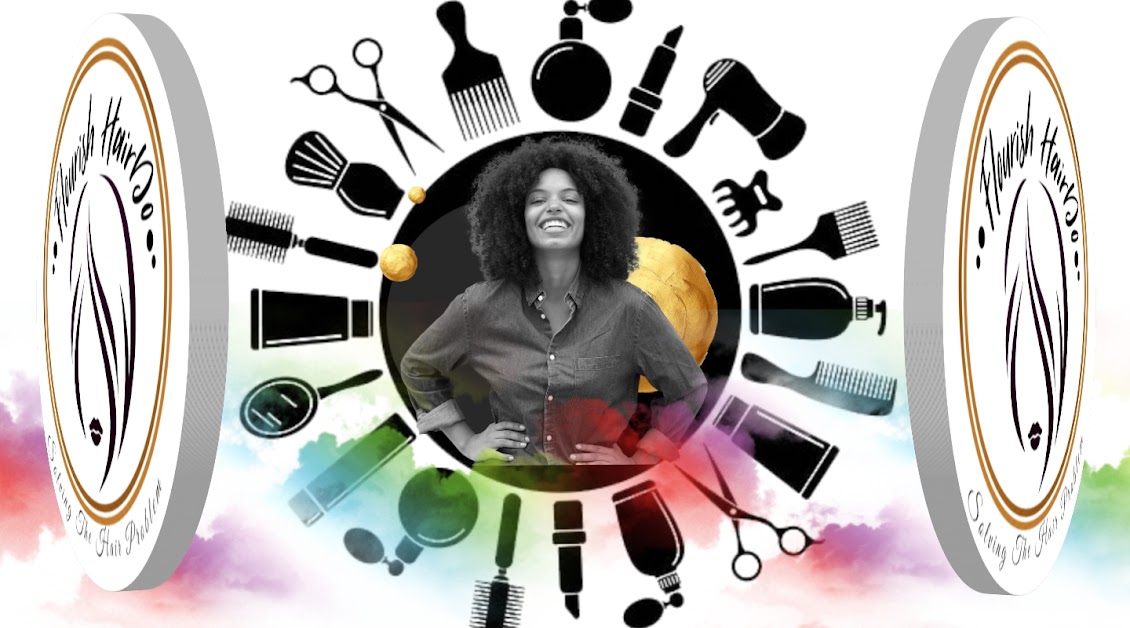By Mary Wolff
Women have had their bodies policed since the beginning of time. As with many things in life, women of color, in particular, have felt the
overwhelming pressures of this policing on everything from skin tone and hair texture to body shape. More and more researchers, professors, and thinkers are coming together in a quest to understand the complexities women of color face in terms of their self-image and how society affects self-confidence. While racial identity is a complex matter, and everyone has their own unique experiences, there are certain societal expectations on female beauty which are so ingrained in the media that they affect women of all ages in a myriad of ways.
Continue
Dr. Cheryl Thompson, a professor at the University of Toronto, in her paper titled Black Women and Identity: What's Hair Got to Do With It?, takes a look at the complicated relationship between white beauty standards and black hair. Dr. Thompson discusses how there are several factors which have lead black hair to where it is today. She goes into detail regarding how many women of color feel inundated with white standards of beauty, such as straight hair, and a lack of media representation. This inundation and lack of representation leads to unhealthy beauty standards which encourage black women from an early age to go the route of chemical relaxers, wigs and tight styles in an attempt to cover up or suppress the parts of them which do not line up with the idealized standard of white beauty. She notes how in her research speaking with professionals, a lot of damage is seen to natural hair in this quest to achieve a beauty standard other than the one present simply because it is undervalued by mainstream society. She closes out her well-researched paper by saying, “Hair alteration should be viewed as unequivocally damaging to an individual (and collective) physical, psychological and cultural well-being, or it will continue to be predicated on the belief that nappy, kinky, Afro hair is wrong, and long, straight, (i.e. White and Asian) hair is right.” While it is mentioned in the paper that one woman should never feel shamed by another woman about what she chooses to do with her hair, whether natural or relaxed, the text also covers the often-overlooked issue that many women choose not to embrace their natural hair because they falsely believe it is ugly, unworthy, and undesirable.
The relationship between self-esteem and hair is a close one for many women. Hair in the black community is deeply rooted in identity. Many women claim that they have more self-confidence after going natural. In fact, a study was performed in which black women were shown pictures of beauty standards to evaluate attractiveness, and the results solidified that owning your identity was the key to self-esteem. The study, published in Journal of Applied Social Psychology reports, “The results suggest that explicit beauty standards engage a comparison process and, in the case of Black respondents with high self-esteem or with high African self-consciousness, result in self-evaluations that are significantly higher than the attractiveness attributed to White standards of beauty.” This study strongly suggests that those with a more firmly rooted black integrity are more confident in their own beauty. With more and more women choosing to go natural and embracing their own natural beauty standards outside of what media says is attractive, women are experiencing higher levels of self-confidence. While no woman should be made to feel ashamed or inferior because of how she chooses to wear her hair, there is no denying there is a deep connection in self-esteem, black identity, and hair.
Credit Goes To Nikki Curl



No comments:
Post a Comment
Thanks for sharing your thoughts.. We cherish it...